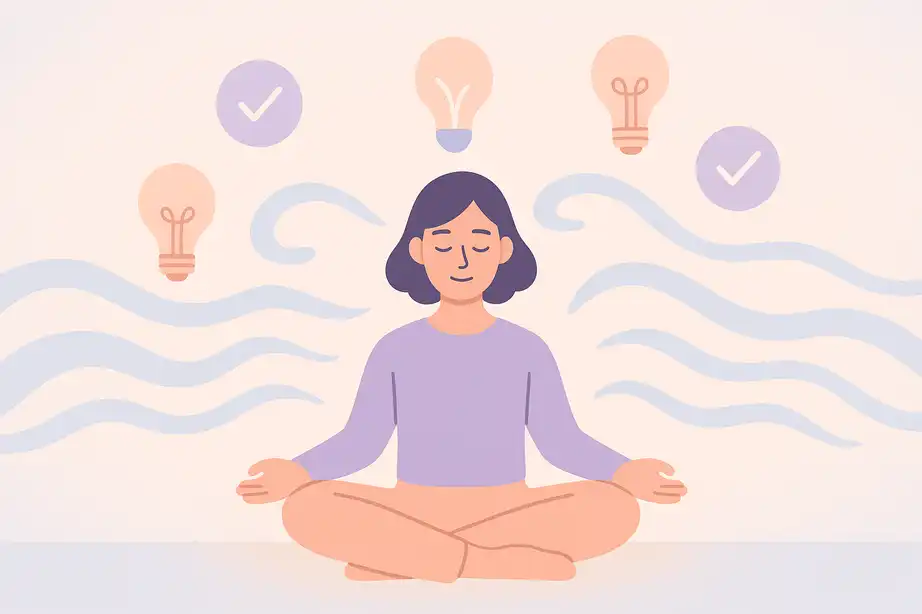For most of their twenties, Jules thought they were just bad at life.
Deadlines passed in blurs. Friendships slipped through the cracks. Their bedroom often looked like a storm had blown through. Some days they were hyper-productive, others they couldn’t get out of bed. People called them creative, sensitive, quirky - but under the surface, Jules felt like a mess no one could see.
At 29, everything clicked when a therapist finally said the words: “You have ADHD.”
The diagnosis didn’t magically fix things. In fact, it made things more complicated. There was grief - for the years spent confused and self-critical. There was shame - for all the times they thought they were just “too much.” And there was still the daily chaos of managing emotions, focus, and energy as a freelance designer in Amsterdam’s gig economy.
Jules wanted support, but therapy was expensive, and their insurance plan was limited. ADHD coaching sounded great, but came with a waitlist and price tag they couldn’t manage. They needed something now. Something that could help them untangle what was going on in their head, without pressure to perform.
A friend in a neurodivergent support group mentioned Noah - an AI Emotional Coach that had helped her process spirals and build emotional regulation.
That night, Jules downloaded the app. They weren’t expecting much. But the first question from Noah stopped them in their tracks:
“Is your brain tired, or is it just full?”
They typed back: “Both.”
From that point on, Noah became a lifeline. Jules used chat mode during work breaks to dump racing thoughts. They used guided journaling prompts to explore the emotional patterns behind their shutdowns. On overstimulated days, they used voice input mode while pacing the apartment, talking through the frustration without having to explain themselves to another human.
Noah didn’t treat them like a problem to solve. It didn’t shame them for inconsistency or praise them for productivity. It helped them understand how emotions and attention were linked — and offered grounded strategies to notice, regulate, and respond.
“It was like therapy, but without the fear of being judged or misunderstood,” Jules said. “It felt like someone finally spoke my language.”
With time, they stopped calling themselves lazy. They began naming their limits. They started building scaffolding instead of blaming themselves for collapse. And for the first time, Jules began to feel not just self-aware - but self-accepting.
For Jules, Noah became the first space where their chaos made sense and their softness felt safe. Read more real-life Noah AI user stories.
Download the Noah AI app for iPhone and Android today. Contact us about Noah for your school, university, or organization. You can reach out to us on sophia@heynoah.ai
Disclaimer: The images used in this article are either AI-generated or sourced from Pinterest for illustrative purposes only and do not depict the actual individuals mentioned in the story. All names and identifying details have been changed to protect the privacy of our users.







